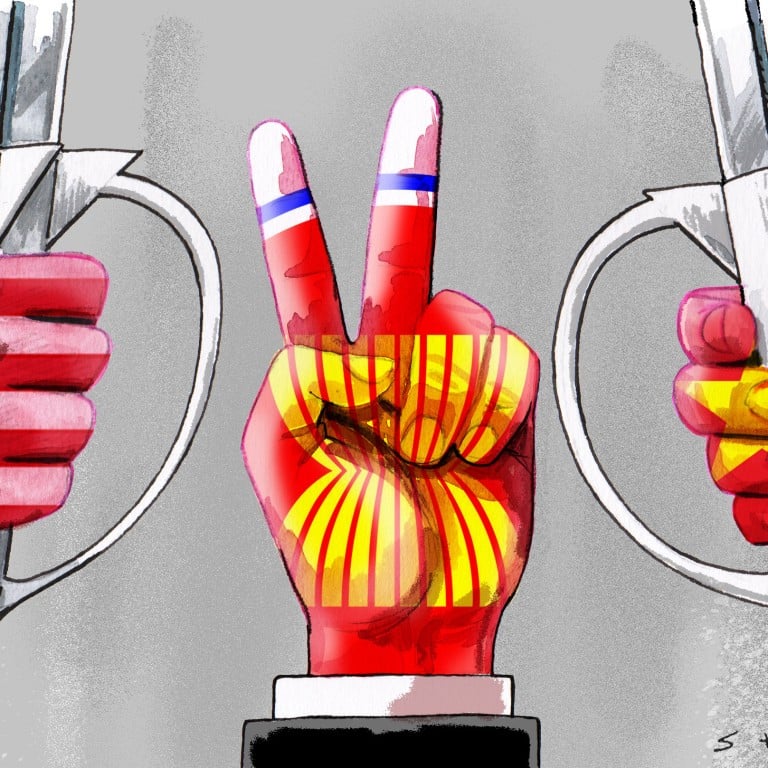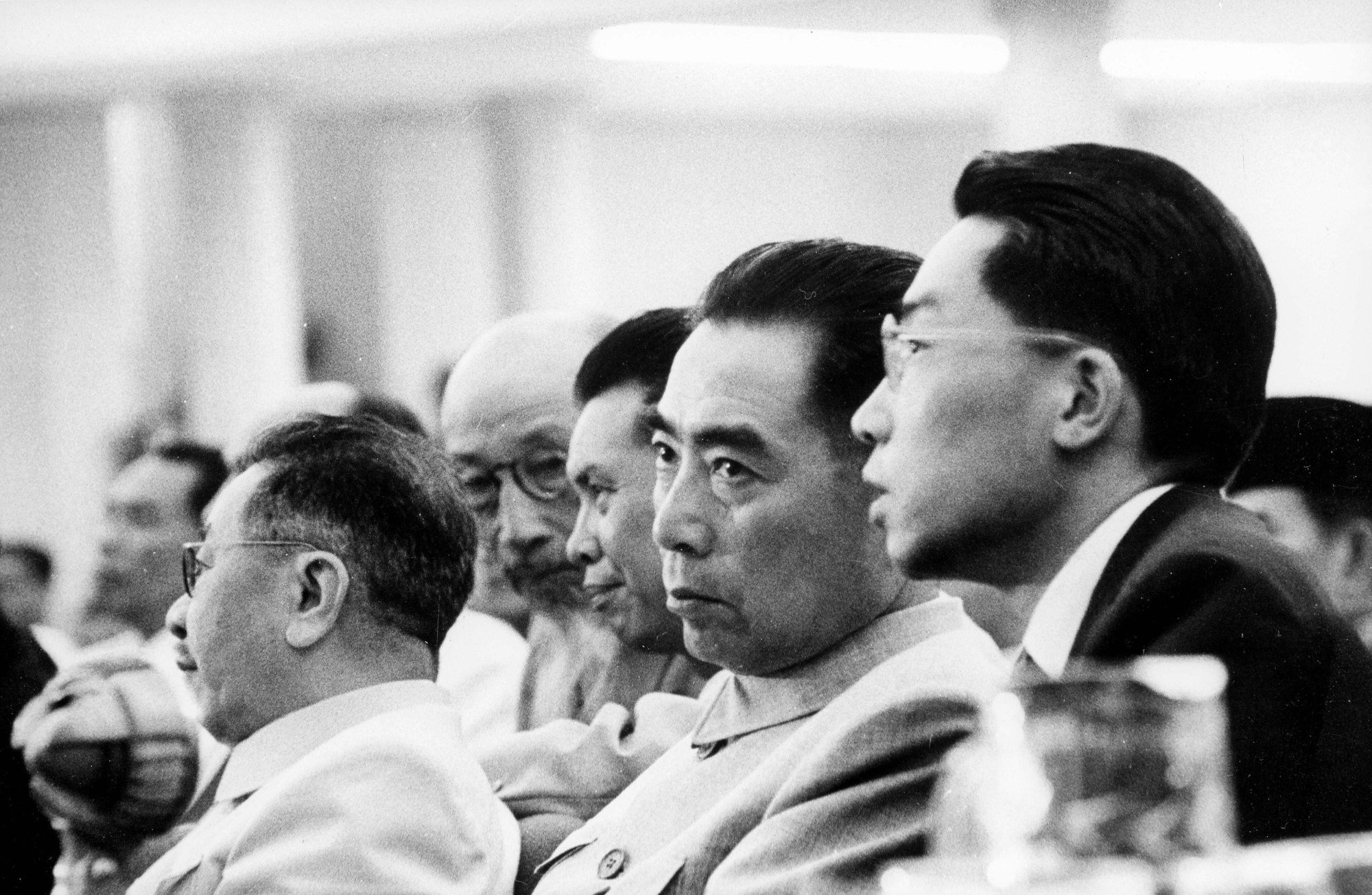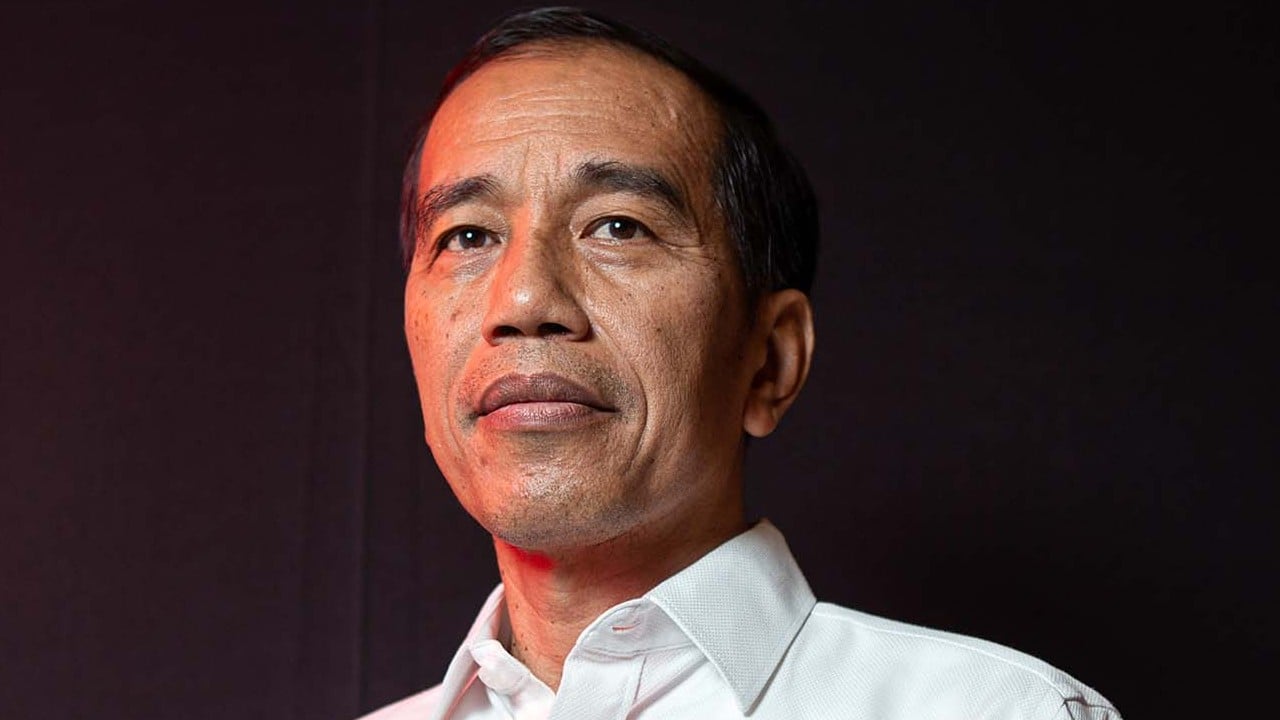
Asean must choose peace to keep US-China tensions from spilling over into war
- Though reluctant to choose sides, Asean must preserve its centrality and Indonesia’s leadership will be important
- With like-minded counterparts, the bloc can regalvanise the non-aligned movement into a consequential third force, espousing conciliation to mitigate US-China rivalry
The US and China are edging closer towards a dangerous showdown. Asean and its like-minded counterparts must take the side of peace to save the world from the unthinkable consequences of such a war.
As Ukraine crisis drags on, Asia must learn painful lessons of Europe
According to ancient Malay folklore, an astute ruler must move with the agility of a mouse deer to keep bigger foes at bay. Southeast Asians need similar dexterity, and neutrality is key to safeguarding Asean’s centrality. To preserve self-rule, Asean members cannot afford to lean too heavily on any side.
There is a tacit understanding that Beijing will tolerate Asean working alongside the Americans on the condition that it is not aimed at stymieing China. For the United States, however, China’s rise has morphed it into an existential threat that must be contained. And, according to Washington, the world has no choice but to take a resolute stance in what the Biden administration is casting as a battle of democracy versus autocracy.
Though reluctant to choose sides, Southeast Asians can ill afford to be mere bystanders in this looming crisis. Thus, Asean must make a choice, and indeed has done so: to stand up for peace over war, coexistence over confrontation.

Widodo should reinvigorate the Bandung spirit. More than ever, the global community needs the non-aligned bloc as a buffer against an increasingly bitter superpower contest.
Second, as the world’s largest Muslim country, Indonesia represents another key stakeholder in the US-China rivalry. The Muslim world has a complicated history with America and China. Underlying tensions notwithstanding, Muslim countries have largely maintained a working relationship with both and refrained from taking sides.
Brace for a Great Reset as new voices challenge Western world order
Over a month has passed since Pelosi’s controversial visit but the danger of open hostilities across the Taiwan Strait has not abated. And, even as they continue to face pressure to pick sides, Asean members have made their choices: peace over war.
From Southeast Asia’s vantage point, no matter how existential a threat, there is no moral justification to subject the world to the risk of a catastrophic nuclear conflict. The US and China have to step back from the brink, to save themselves from a mutually assured destruction and spare the rest of humankind.
Peter T.C. Chang is deputy director of the Institute of China Studies, University of Malaya, Kuala Lumpur, Malaysia


